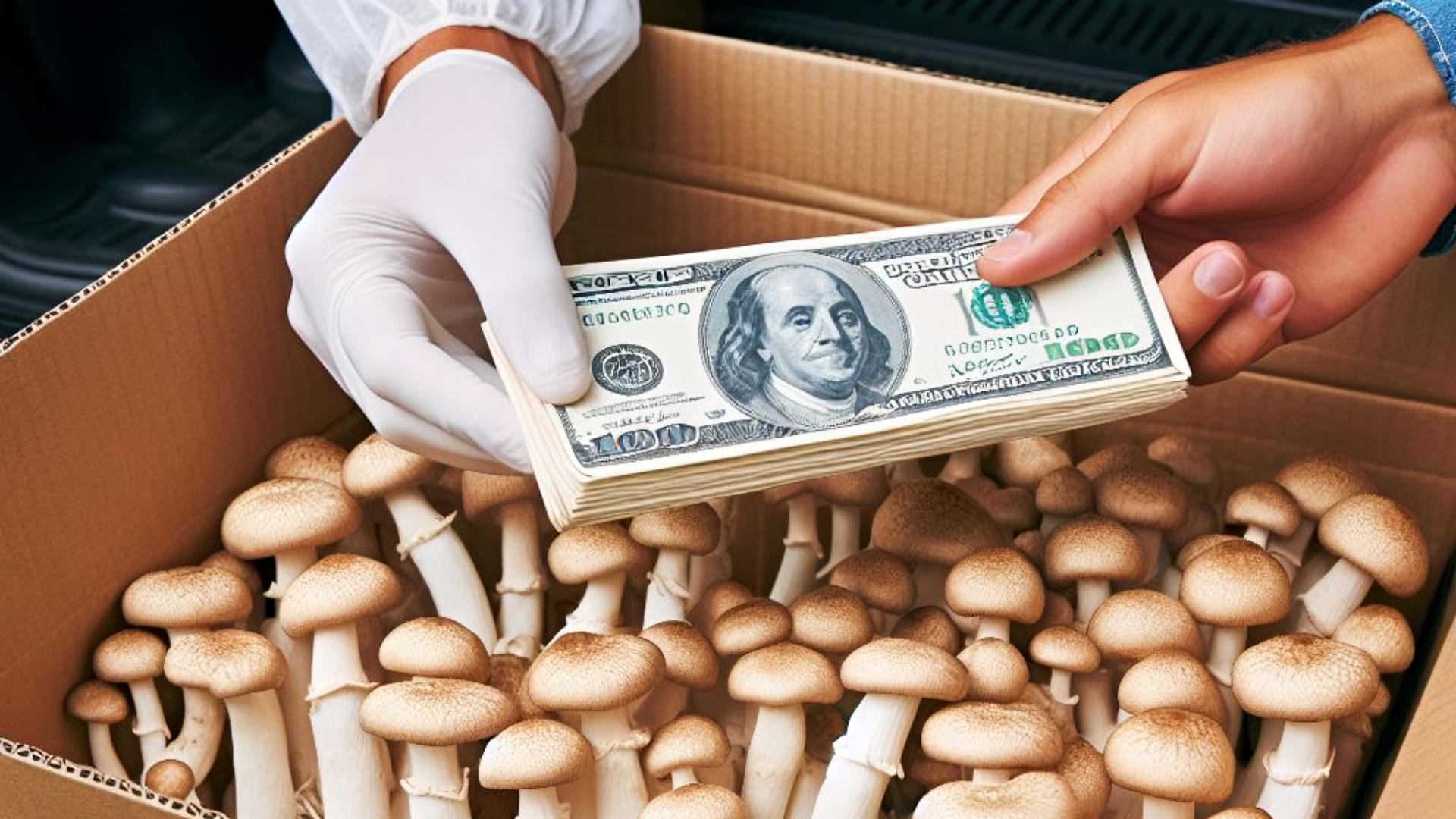Money is pouring into the burgeoning psychedelics industry and an influx of startups are racing to patent key ingredients found in ‘magic mushrooms.’ Wall Street is moving in to monopolise the sector.
It’s becoming increasingly clear that mushrooms are good for more than just ayahuasca trips on university graduates’ gap years.
Scientific studies are feeding hype about the effectiveness microdosing psilocybin may have in treating mental health disorders such as depression and PTSD.
Their recreational use remains illegal in the US, but research suggests that psychedelics could be on the cusp of unearthing (get it) a whole new stratum of modern medicine. It goes without saying, that such an explosion would be incredibly lucrative for biotech companies.
Laying the foundation for the hallucinogens revolution, advocates, non-profits, and philanthropists have long endeavoured to make low-cost treatments widely available for anyone to benefit. This ambition may now take a seismic hit, however, with news that Wall Street is muscling in on the sector.
Speaking on recent industry rumblings, an enthusiast and investor called Carey Turnbull explained: ‘All the air is getting sucked out of the room by these for-profit companies who say, “Wow, this stuff is awesome, if I could patent it I’d make a fortune.”’
Around 50 psychedelic startups – backed by venture capitalists and Silicon Valley players – now trade on public stock exchanges and the race is on to patent formulas.
A certain Peter Thiel, acting CEO of PayPal, is particularly keen to exploit the opportunity under Atai Life Sciences and biotech company Compass Pathways is reportedly being aggressive with trademark applications.




















